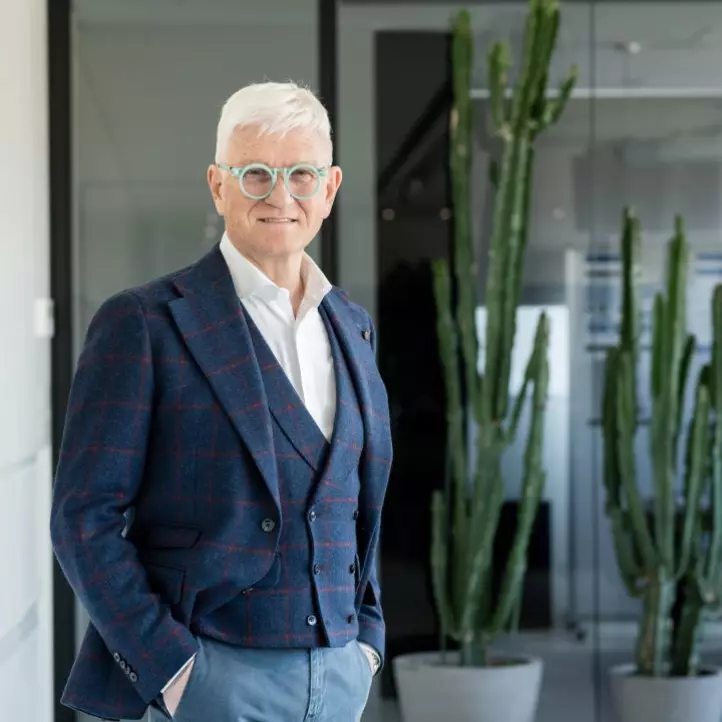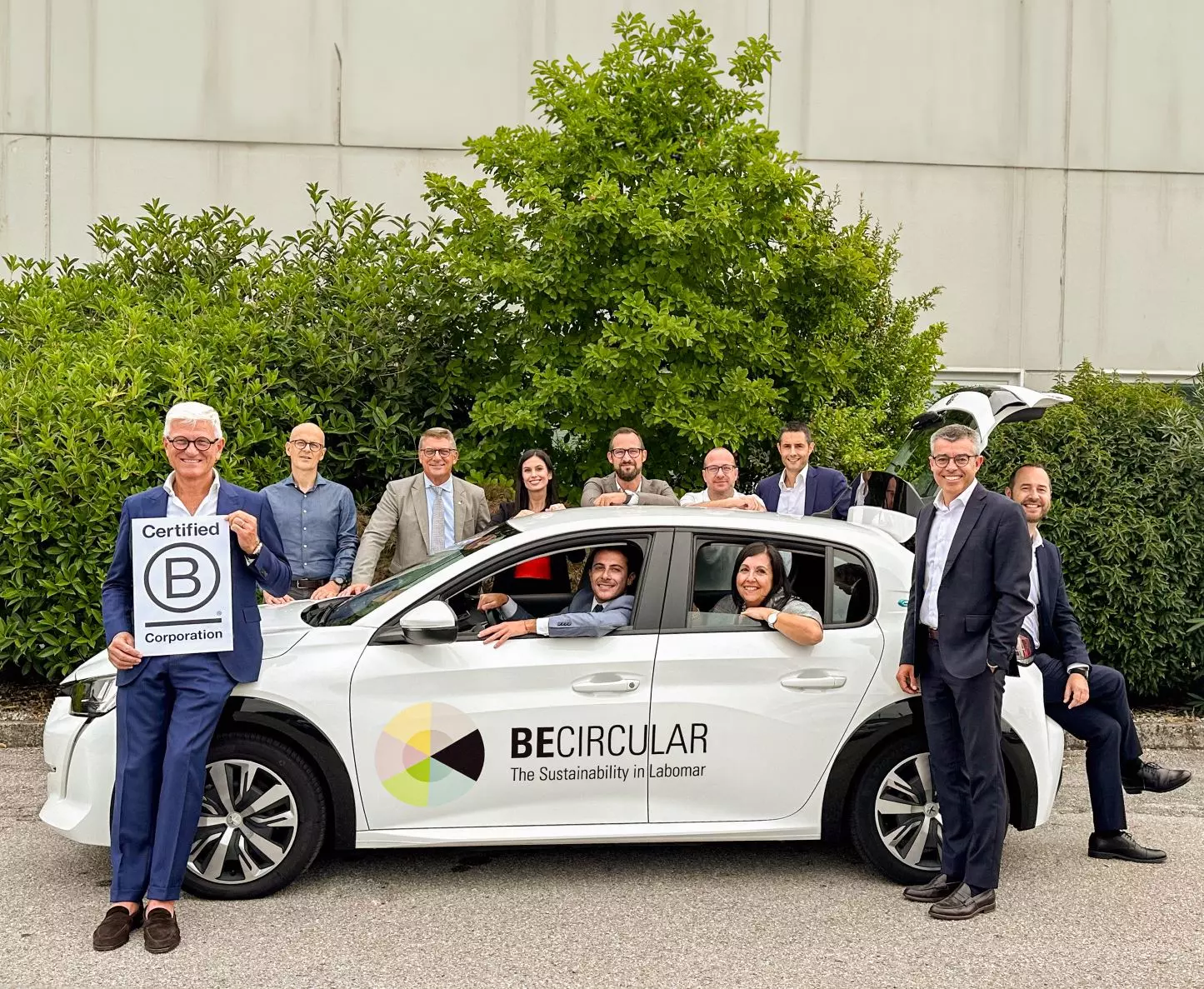Nutraceutics is emerging as an essential pillar in the promotion of healthier and more sustainable lifestyles. And it is not only providing significant benefits for individual health but also for the environment, meeting the ESG Goals of the UN 2030 Agenda. Before exploring its link to sustainability, it is important to understand what is meant by nutraceuticals.
This industry sector is concerned with the research, development and production of food or supplement products containing bioactive ingredients that provide health benefits beyond basic nutrition. Products are designed to improve well-being, keeping the body in a balanced condition and good general health.
Walter Bertin (in the picture below, En) is the founder and CEO of Labomar, a leading nutraceutical company whose adventure began in the back room of his family's pharmacy. Today, his company (with a turnover of EUR 92 million in 2022, currently owned by the private equity fund Charterhouse Capital Partners) is one of the most important companies in the industry nationwide, specialising in the development and production of food supplements, medical devices, foods for special medical purposes and cosmetics for third parties.
Labomar boasts a structured, state-of-the-art research and development department, Labomar Research, which enables the development of tailor-made projects, including patents and proprietary formulas, and the creation of ready-to-sell formulations. It can also count on a sales team capable of responding promptly to market demands and on a regulatory team that provides the most specific and up-to-date information on current international directives and regulations in the sector.

What is the state of play in the nutraceutical sector?
“I would say that it enjoys excellent health. Especially in Italy, where we are big producers and also consumers of supplements. Our country is considered a benchmark for the sector, as it is for fashion, design, food. Broadening the scope, it must be said that in Europe and North America in particular, awareness and attention to prevention and the ageing population has increased. In this scenario, both national groups and big pharma want to put products on the market that improve people's quality of life.”
What is Labomar's strategy regarding sustainability?
“It concerns several actions, certainly one of the main ones is the construction of a sustainable value chain. We have done this through a long-term plan of internal and external growth that has enabled us to intensify our commitment to research and development and to expand our network. Consider that our expansion had already started in 2019 with Labomar Canada, in Montreal, and then continued with Welcare in Umbria and Labiotre in Tuscany in 2021. Each of these individual companies, which have become part of the Labomar family, continues to add enormous value to our work today by integrating the upstream and downstream supply chain. This is a key point for us.”
Can you give some examples?
“To develop greater control over raw materials, 80% of which in our industry come from China, we acquired Labiotre in 2021. An Italian company, based in the Chianti region, which produces plant extracts with innovative techniques and is working to increase short supply chain sourcing. But the supervision of the supply chain goes further. Suffice it to say that today our group includes both direct producers, such as Welcare (which makes medical devices in the dermatological field) and Labomar Canada (which produces pharmaceuticals, nutraceuticals and cosmetics and has opened the door to the North American market for us) and distributors, such as Welcare itself. And this is a great advantage.”
How has sustainability become an organic and structural component in the Labomar Group?
“In international markets we meet big players who are sensitive to the sustainability of the value chain, this is a fact. In our case, however, there are other, deeper reasons for this commitment. From day one, Labomar has put people's well-being at the centre and sustainability is part of the way of thinking and acting, starting with the relationship with the people inside the company and the community outside. Taking this commitment forward in a structured way is the cross-functional BeCircular sustainability team with which we have defined a concrete development plan.”
What goals have you achieved with this plan? How have you changed?
“First of all, in 2020 we became a benefit company, initiating a process of virtuous contamination that also involved the other companies in the group and our stakeholders. I am thinking, for example, of Labomar Canada, which achieved the same goal in 2022 in the wake of the path started by Labomar. But we didn't stop there, because in 2023 we achieved a further goal by becoming a B Corp company. We have thus entered a concrete path of continuous improvement driven by much commitment and even more enthusiasm. After all, I am convinced that sustainability is a path of value creation that never stops.”
